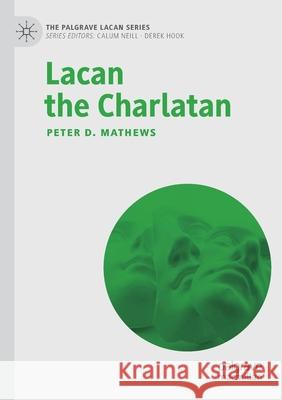Lacan the Charlatan » książka
topmenu
Lacan the Charlatan
ISBN-13: 9783030452063 / Angielski / Miękka / 2021 / 228 str.
Lacan the Charlatan
ISBN-13: 9783030452063 / Angielski / Miękka / 2021 / 228 str.
cena 442,79
(netto: 421,70 VAT: 5%)
Najniższa cena z 30 dni: 424,07
(netto: 421,70 VAT: 5%)
Najniższa cena z 30 dni: 424,07
Termin realizacji zamówienia:
ok. 16-18 dni roboczych.
ok. 16-18 dni roboczych.
Darmowa dostawa!
Kategorie:
Kategorie BISAC:
Wydawca:
Palgrave MacMillan
Seria wydawnicza:
Język:
Angielski
ISBN-13:
9783030452063
Rok wydania:
2021
Wydanie:
2020
Numer serii:
000795118
Ilość stron:
228
Waga:
0.32 kg
Wymiary:
21.01 x 14.81 x 1.4
Oprawa:
Miękka
Wolumenów:
01
Dodatkowe informacje:
Wydanie ilustrowane











